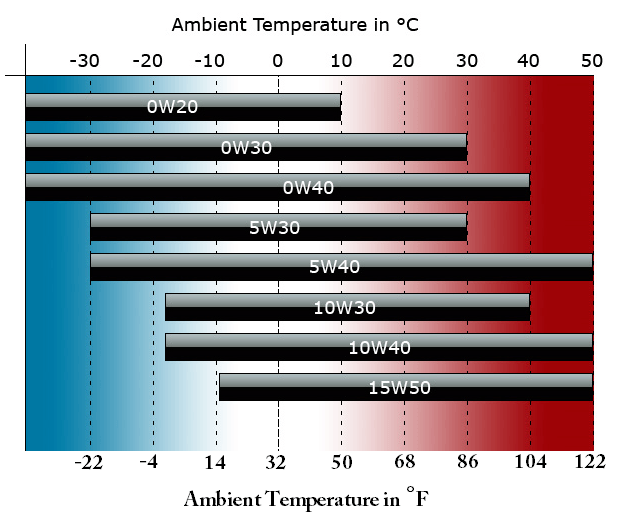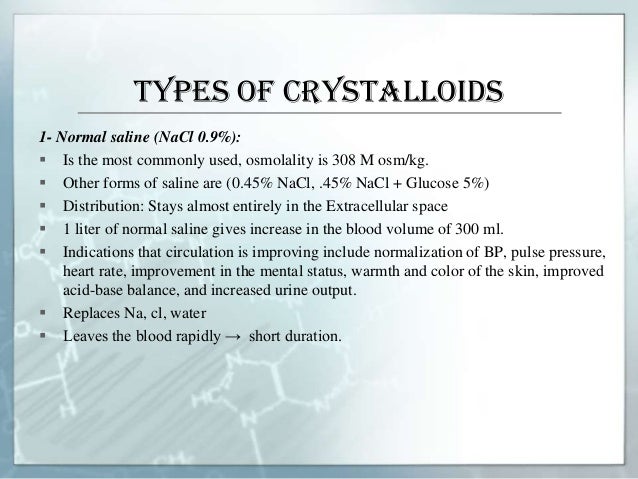Like blood pressure, the viscosity of blood changes during each cardiac cycle and is reported using two numerical quantities: systolic and diastolic viscosity. however, while blood pressure is parameter of the circulatory system as a whole, blood viscosity is a parameter specific to the fluid flowing through the system.. Unfortunately, blood viscosity has become a forgotten risk factor and is rarely measured in clinical practice. 45 interventions that reduce blood viscosity and rbc aggregation are important. statins appear to be effective for modulating blood viscosity, but can have serious side-effects including death. 3 moreover, some patients have statin. Blood-viscosity reducing drugs are medicines that improve blood flow by making the blood less viscous (sticky). purpose the main use of blood-viscosity reducing drugs is to relieve painful leg cramps caused by poor circulation, a condition called intermittent claudication ..
Blood viscosity is a direct measure of the blood�s resistance to flow. it affects not only how hard the heart has to work to circulate the blood, but also the level of stress, strain, injury, and inflammation the blood causes to the arteries.. Hemorheology, also spelled haemorheology (from the greek �????, haima "blood" and rheology), or blood rheology, is the study of flow properties of blood and its elements of plasma and cells. proper tissue perfusion can occur only when blood's rheological properties are within certain levels.. Dr. yan�s proprietary blend of herbal extracts, vital cell�, has been shown to aid in controlling age-related increases in blood viscosity, improve microcirculation, increase blood flow, reduce plasma viscosity, and repair capillary damage while restoring internal organ function..


No comments:
Post a Comment